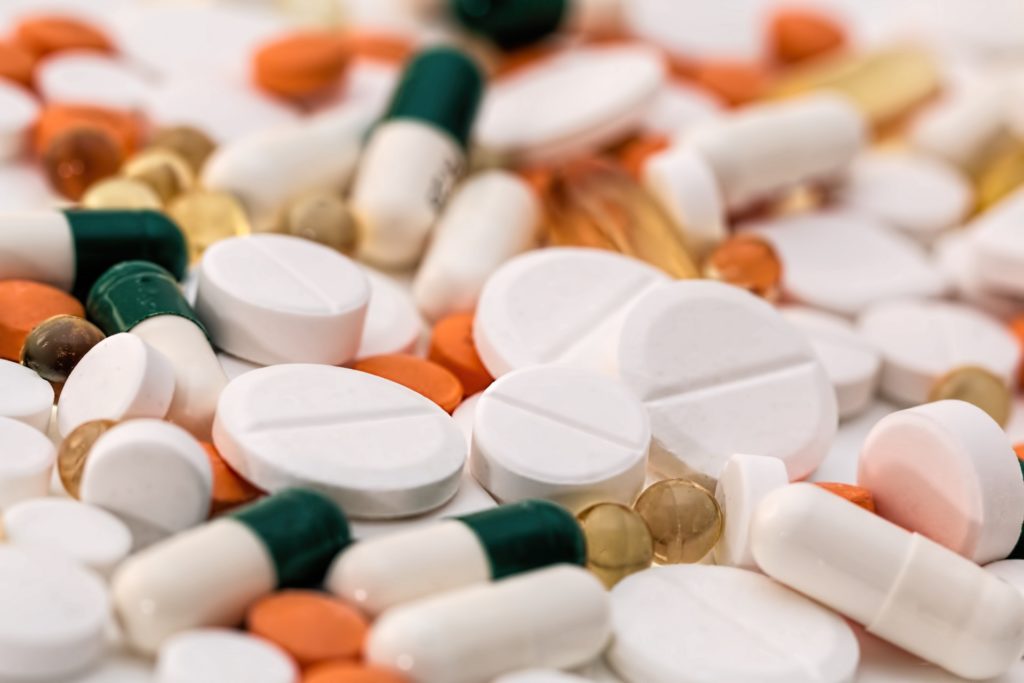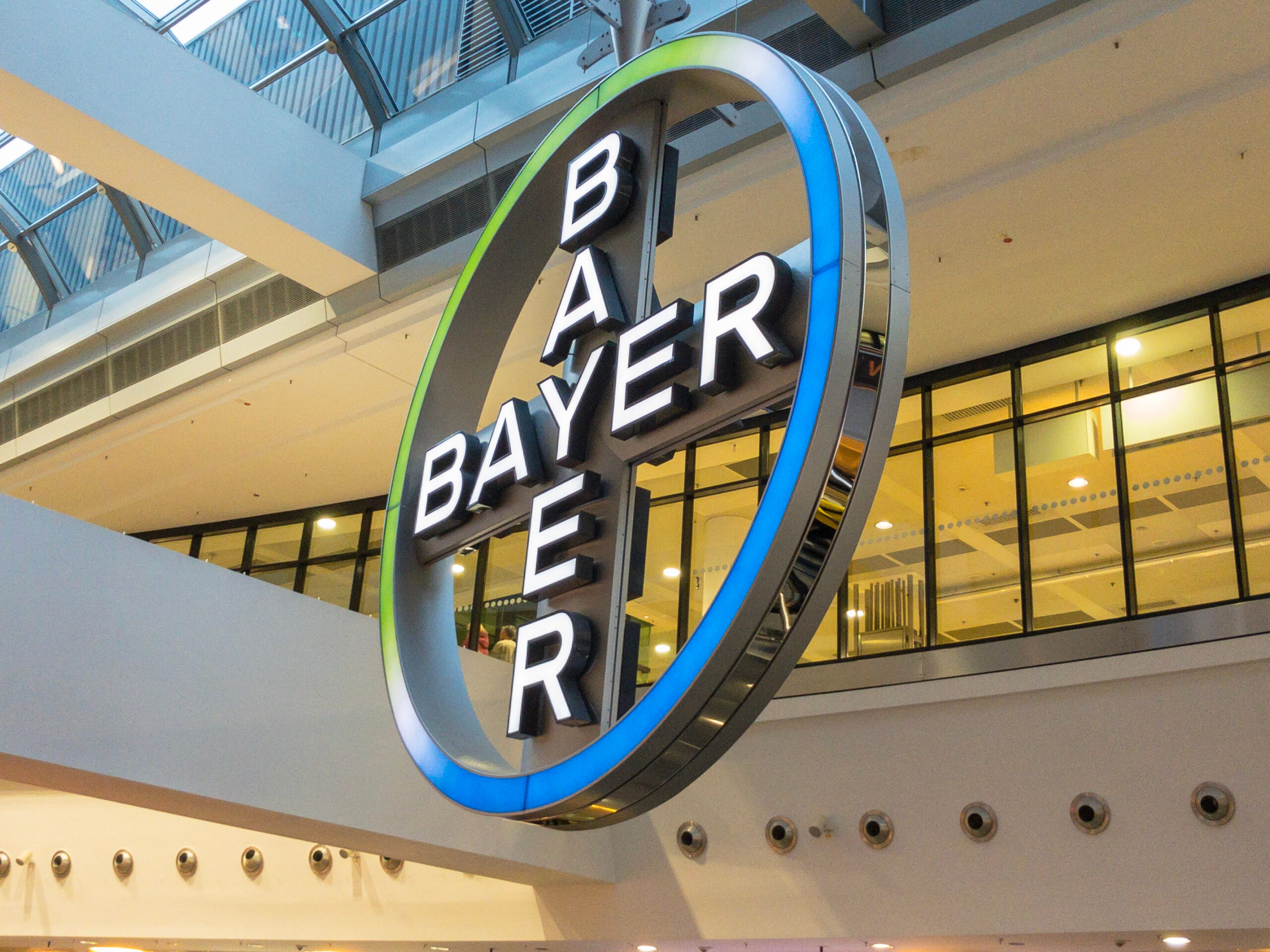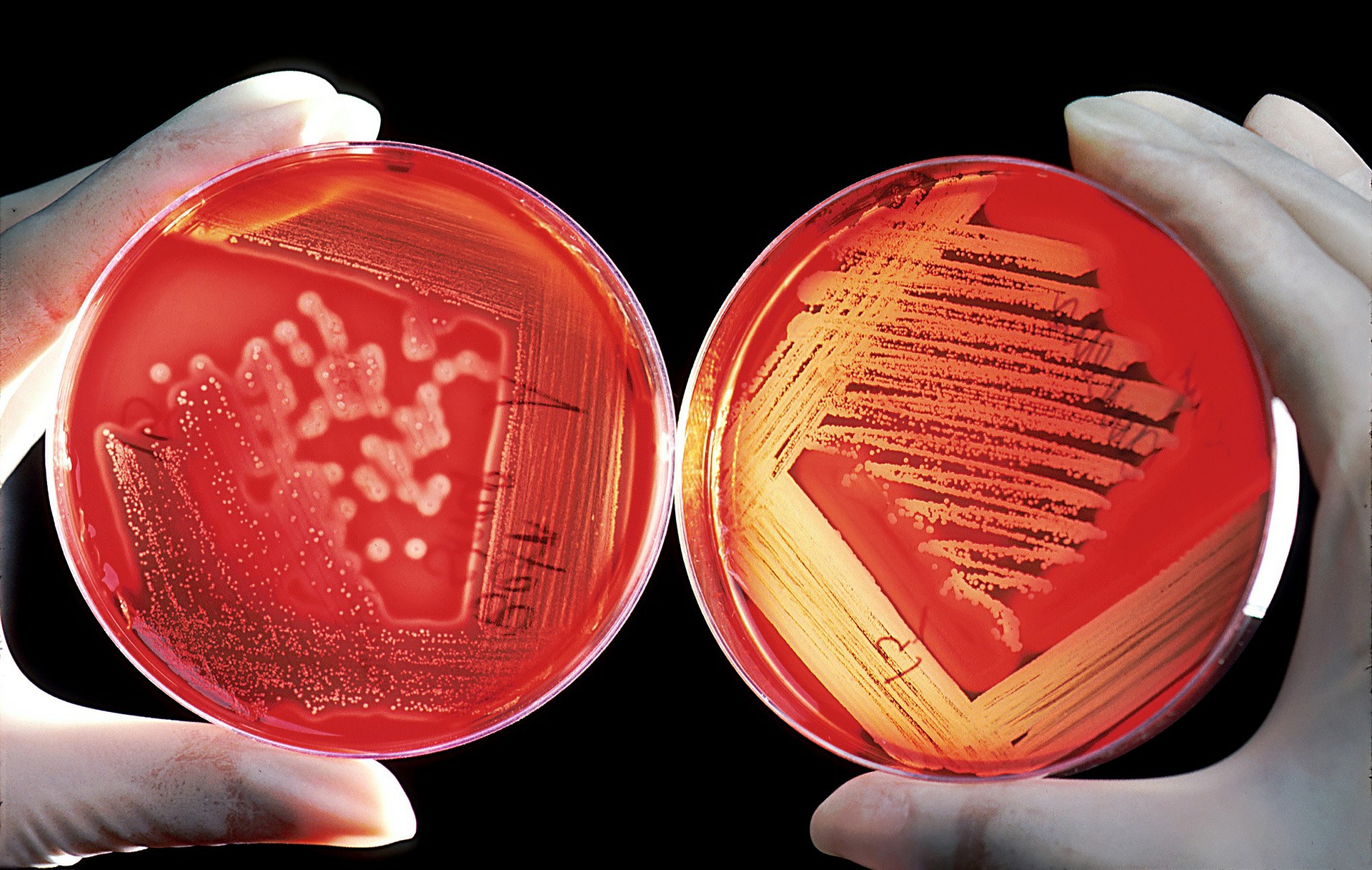Update (September 18, 2019): Just five days after the initial alert, Health Canada has requested drug companies to stop distributing ranitidine drugs in Canada while they investigate the source and reason for contamination. The Canadian branch of Sandoz, a division of Novartis has agreed to recall all lots of ranitidine in both the 150 mg and 300 mg doses. In a statement issued yesterday, Health Canada says this halt in distribution is an “interim, precautionary measure.”
Originally published on September 17, 2019:
Traces of nitrosamine impurities caused a massive recall of heart failure medicines over the last several months. Now, it’s been found in the popular heartburn medicine, ranitidine.
The US Food and Drug Administration (FDA), the European Medicines Agency (EMA) and Health Canada each released a statement last Friday, alerting patients of N-nitrosodimethylamine (NDMA) contamination in some ranitidine medicines. So far, none of the regulators have released any information about specific lots affected.
Ranitidine belongs to a class of medicines known as histamine-2 blockers, which work by blocking histamine receptors in the stomach and reducing the production of stomach acid. Sanofi’s popular branded version, Zantac, generated €37 million in net sales in Q2 this year. The number of people who take Zantac in the US could be in the hundreds of thousands, considering the prevalence of gastroesophageal reflux disease (another indication for ranitidine) is estimated at 20 percent of adults in Western culture.
The news of the contamination originated from Valisure, an online pharmacy company, who alerted the FDA of the NDMA in Zantac.
At this time, the FDA is not advising patients to stop taking Zantac or ranitidine, but if they wish, they could talk to their doctor and switch to another over-the-counter medication that has the same effects.
The FDA is not calling for individuals to stop taking ranitidine at this time;
however, patients taking prescription ranitidine who wish to discontinue use
should talk to their health care professional about other treatment options.— FDA Commissioner (@FDACommissioner) September 13, 2019
Traces of nitrosamine impurities echo a larger drug safety breach that continues to plague the FDA. The regulator has been fielding the recalls of various blood pressure and heart failure medicines known as angiotensin II receptor blockers, apparently originating from active pharmaceutical ingredient (API) manufacturers in China and India. To date, multiple generic drugmakers including Teva, Mylan, Torrent Pharmaceuticals and Aurobindo have pulled lots of “sartan” drugs from the market.
Amid the ongoing safety issue for angiotensin II receptor blockers, Director of the Center for Drug Evaluation and Research, Dr. Janet Woodcock, reassured patients that the FDA will better control the safety, quality and effectiveness of pharmaceuticals. According to a statement issued in August, this includes enhanced evaluation of impurity controls during API site inspection and improved laboratory testing. For ranitidine, the FDA released a validated liquid chromatography-high resolution mass spectrometry method for detecting NDMA in ranitidine.
Health Canada is assessing the issue of an impurity, #NDMA, found in some #ranitidine drugs (used to reduce stomach acid). Find out more: https://t.co/eTrr3TXrV4
— Health Canada and PHAC (@GovCanHealth) September 13, 2019
It’s unclear if ranitidine will have the same fate as the angiotensin II receptor blockers, but if it turns out to be contamination at an API manufacturing site, it could affect the products of numerous repackagers and distributors.
NDMA is considered a probable human carcinogen and environmental contaminant that’s often found in water, meats, dairy products and vegetables. NDMA is an unintended byproduct of different industrial processes as well as the chlorination of drinking water or wastewater treatment.
At this time, drug regulators are urging patients to report adverse reactions to better understand the scope of the problem.












Join or login to leave a comment
JOIN LOGIN